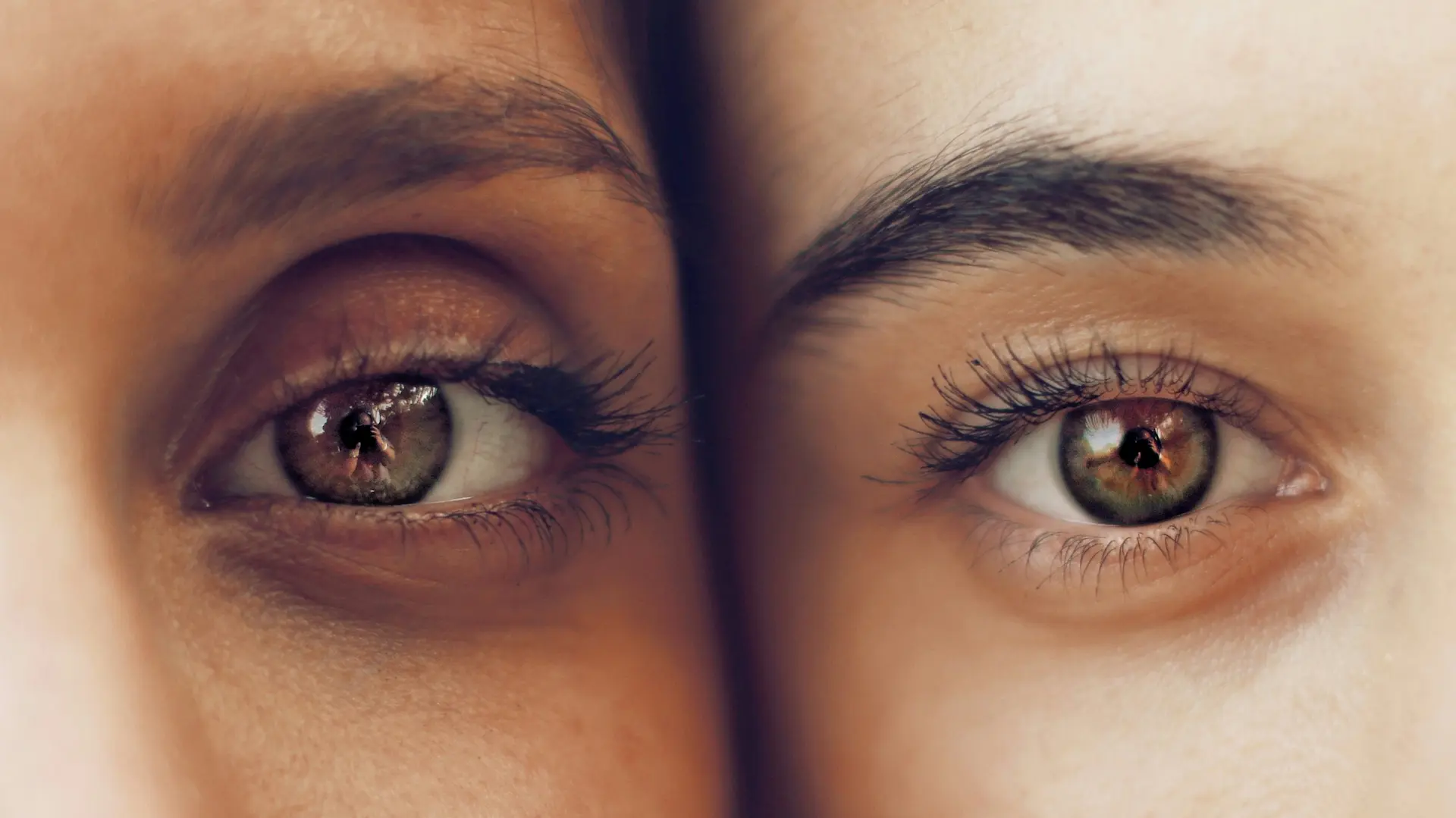This article explores the often overlooked experience of losing eyebrows and eyelashes, highlighting the emotional, physical and social impact this type of hair loss can have. It explains the causes, the role brows and lashes play in communication and protection, and the practical options available for recreating or redefining them. Key points include:
- Why brow and lash loss is just as significant as scalp hair loss for people with alopecia, chemotherapy patients and those with illness
- The main medical causes, including alopecia areata, alopecia universalis, FFA, thyroid disorders and dermatological conditions
- The emotional effects, such as social anxiety, difficulty expressing emotion and changes in self-image
- The physical functions brows and lashes serve, including eye protection from sweat, debris and sunlight
- The range of cosmetic options available, from makeup and false lashes to brow transfers and microblading
- The importance of researching semi-permanent solutions, especially long-lasting tattoo techniques
- Why doing nothing is also a valid choice if brow and lash loss does not affect your confidence
- A reminder that feelings around facial hair loss are valid, and that the right solution is the one that supports personal comfort and self-identity
Why is losing eyebrows and eyelashes more than cosmetic?
Losing eyebrows and eyelashes affects emotional expression, social interaction, and physical eye protection, not just appearance. Brows and lashes play a key role in communication and facial identity. Their loss can significantly impact confidence, self-image, and daily comfort.
When we talk about hair loss, most people immediately think of the scalp. But for many living with conditions like alopecia, undergoing chemotherapy, or facing illness, the loss of eyebrows and eyelashes can be just as impactful. Though scalp hair loss and facial hair loss often coincide, far less emphasis is placed on brows and lashes. However, these small expressive features play a crucial role in how we look and communicate - not to mention the lesser-acknowledged physical protection they provide.
We know how hard it can be to have your hair loss taken seriously, let alone the seemingly insignificant strands on your face! Here’s the truth: it is a big deal, and we’re going to tell you why.
UNDERSTANDING THE CAUSE
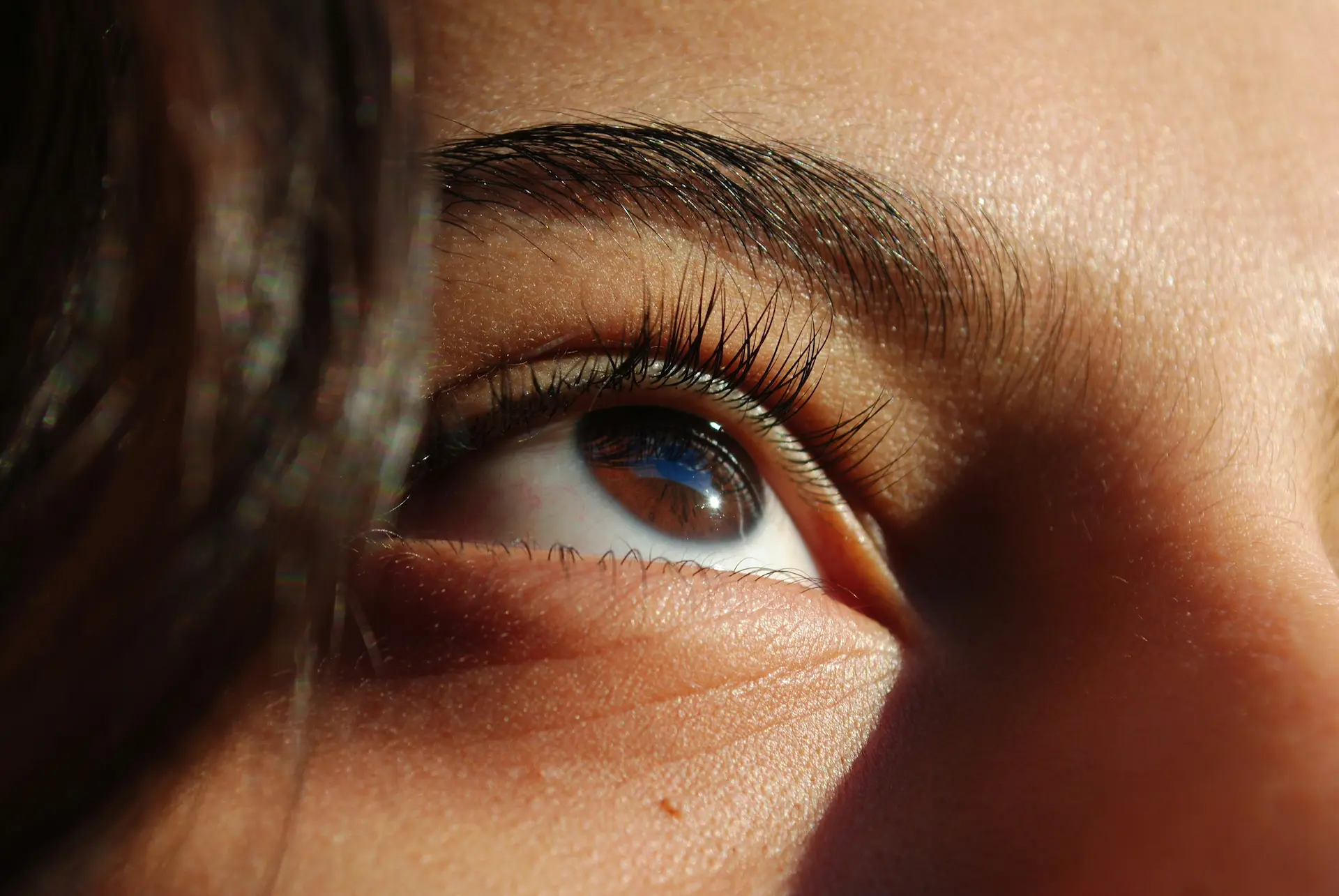
Alopecia Areata, an autoimmune condition that causes patchy hair loss, is one of the most common causes of eyebrow and eyelash loss, though other forms of alopecia can also play a part. Alopecia Universalis causes hair loss on the entire body - including lashes and brows - and the increasingly common FFA (Frontal Fibrosing Alopecia) causes scarring alopecia in the front hairline, which can often impact eyebrows first.
Other causes can include chemotherapy or radiation treatment, thyroid disorders, and skin conditions such as eczema and psoriasis. Nutrient deficiencies can also impact hair growth, often affecting lashes and brows.
EMOTIONAL AND PSYCHOLOGICAL EFFECTS
How does losing brows and lashes affect emotional wellbeing?
The loss of eyebrows and eyelashes can lead to social anxiety, changes in self-image, and difficulty expressing emotions. Because brows play a key role in nonverbal communication, their absence can affect how emotions are perceived by others. This emotional impact is often underestimated.
Losing your eyebrows and eyelashes is more than just skin-deep. These face-framing features are a reassuring landmark that most people expect to see mirrored in those around them. Living without brows in particular can create a sense of social anxiety, especially when you notice others doing a double-take, unable to put their finger on what is different about you. Well-meaning or not, the fear of being stared at or questioned can make social interactions stressful.
As beauty trends have evolved and continue to evolve, much emphasis has been placed upon having perfect, full brows and long, thick lashes to enhance your look and femininity. Whether you subscribe to societal beauty standards or not, losing the brows and lashes can deny you a sense of self-expression and impact body image in ways that are often difficult for others to truly understand.
Lastly, and perhaps most significantly, one of the most overlooked effects of losing eyebrows is how it alters facial expression and the ability to communicate emotion nonverbally. Eyebrows play a critical role in expressing feelings such as surprise, confusion, anger and sadness. Without them, it can be harder for others to read your emotions, which may lead to misunderstandings or create a sense of emotional distance in conversations.
Over time, some develop new ways of using their eyes, posture, hand gestures, or voice to communicate their emotions more clearly, though this can understandably feel tiresome when the simplest things seem to become affected by your hair loss.
THE PHYSICAL IMPACT
While we often (and wrongly) think of brows and lashes as purely cosmetic, they have evolved to serve real physiological functions. Eyelashes serve a protective purpose, helping to keep dust, rain, and debris out of the eyes. They also protect from sun exposure, acting like tiny sun visors for each eye, limiting the amount of sunlight and therefore reducing light sensitivity. Your eyebrows also divert sweat, moisture, and the elements away from your eyes.
The physical impact of brow and lash loss is often underestimated until you experience it for yourself and the real-life implications begin to affect your day-to-day.
WHAT ARE MY OPTIONS?
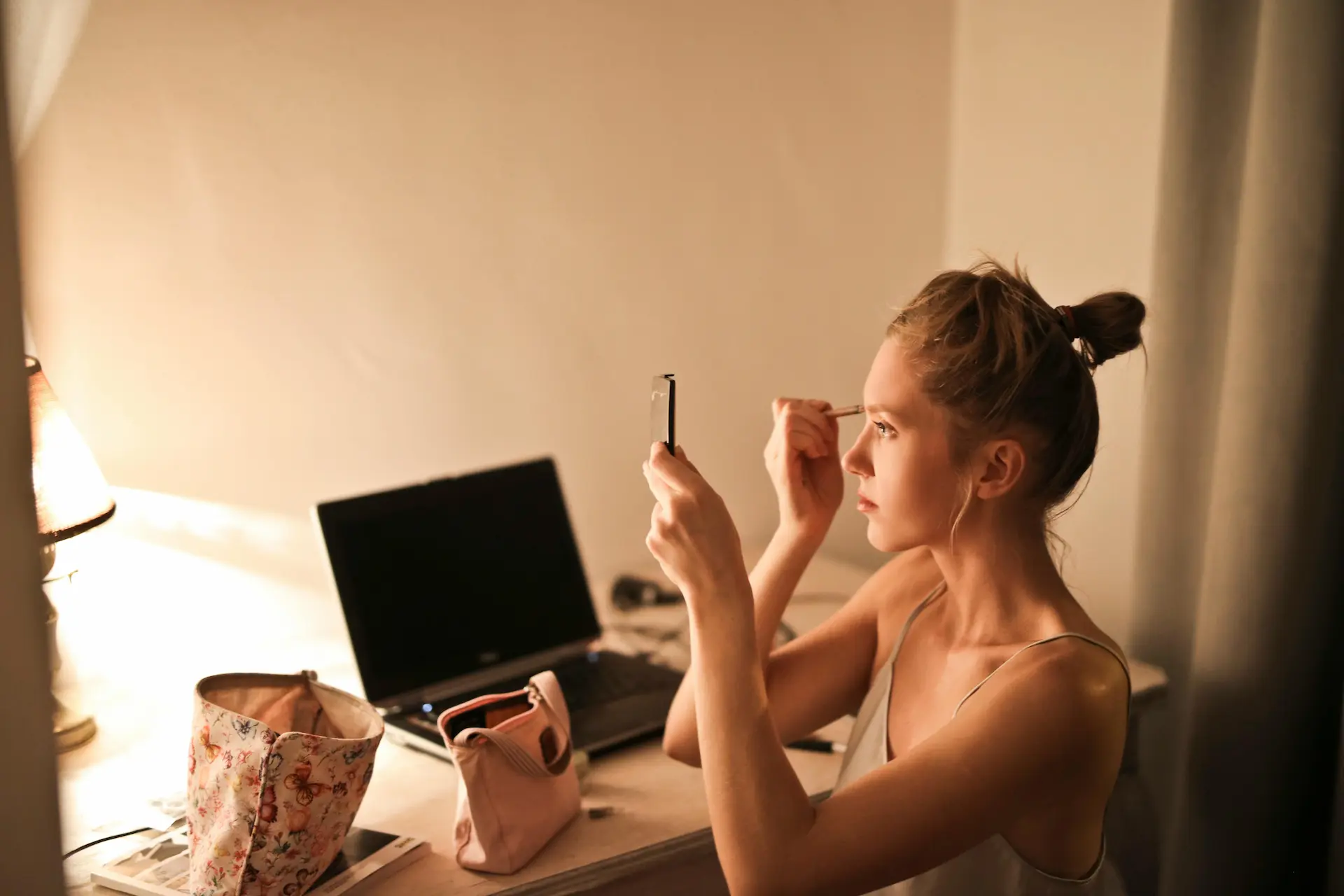
It can be helpful to connect with others going through a similar experience. Online communities or support groups can provide emotional relief and practical advice.
Hair loss is a personal journey, so for those who seek solutions to recreate brows and lashes, the good news is that these industries have advanced greatly in recent years. Of course, simply using makeup such as brow pencils or false lashes can be a good place to start and experiment - however, this can get very fiddly, tedious, and time-consuming, more so if you do it every day. Brows can also be notoriously difficult to get right, especially when you have no guide to work from.
Those who grow tired of drawing on their brows eventually turn to eyebrow transfers or microblading. Brow transfers adhere to the skin like a temporary tattoo, and though they can take a little getting used to in terms of application and placement, there are some incredibly realistic shapes and styles available online. They also allow you to switch up your look from day to day with no commitment.
On the more permanent end of the spectrum, microblading is a skill that started off quite unrefined but has since become hyper-realistic (if you know where to go). We particularly like the work of Tracey Giles for incredible eyebrow tattooing, as well as semi-permanent makeup to add definition around the eyes. Her team also works with those who have undergone mastectomies to recreate hyper-realistic nipples which look three-dimensional, helping to restore a sense of normality to the lives of those affected by cancer.
Wherever you choose to go for microblading, it’s worth doing your research first - the effects can last 1-3 years!
Your last option is to do absolutely nothing. If your lack of brows and lashes isn’t impacting you, don’t conform to please others. Do what’s right for you. After all, why should you spend countless hours sketching on new eyebrows or spending money on lashes if they don’t serve you?
FINAL THOUGHTS
Is it okay not to replace lost eyebrows or eyelashes?
Yes, choosing not to replace brows or lashes is completely valid. The right decision is the one that supports your comfort, confidence, and self-identity. There is no obligation to pursue cosmetic solutions if they do not feel right for you.
Whatever route you take, having the perfect solution does not always diminish the emotional and psychological effects of losing your facial hair. Hair loss was not your choice. However you choose to manage brow and lash loss, it’s important to give yourself grace and recognise that your feelings are valid. Whether you opt for cosmetic solutions or embrace your natural look, your own sense of comfort and confidence should guide the journey towards reclaiming your sense of self.
FREQUENTLY ASKED QUESTIONS (FAQ)
What causes eyebrow and eyelash loss?
Eyebrow and eyelash loss can be triggered by conditions such as alopecia areata, alopecia universalis, frontal fibrosing alopecia (FFA), chemotherapy, thyroid disorders, skin conditions like eczema or psoriasis, and certain nutritional deficiencies.
Why does losing brows and lashes feel emotionally harder than scalp hair loss?
Brows and lashes frame the face and play a major role in expression, communication, and self-identity. Their absence can lead to social anxiety, emotional discomfort, and difficulty conveying emotions nonverbally.
What cosmetic options are available to recreate eyebrows?
Common solutions include eyebrow makeup, temporary brow transfers, and semi-permanent techniques like microblading. Many clients choose professional brow tattooing for realistic, long-lasting results.
Can I restore the look of eyelashes if mine have fallen out?
Options include false lashes, lash strips, or subtle lashline tattooing to create natural definition. These can help restore the appearance of lashes without damaging sensitive skin.
Do I need to replace my brows and lashes, or is doing nothing okay?
Doing nothing is absolutely valid. Whether or not you choose cosmetic solutions should depend entirely on your comfort, confidence, and personal preference—not external expectations.
Latest blogs
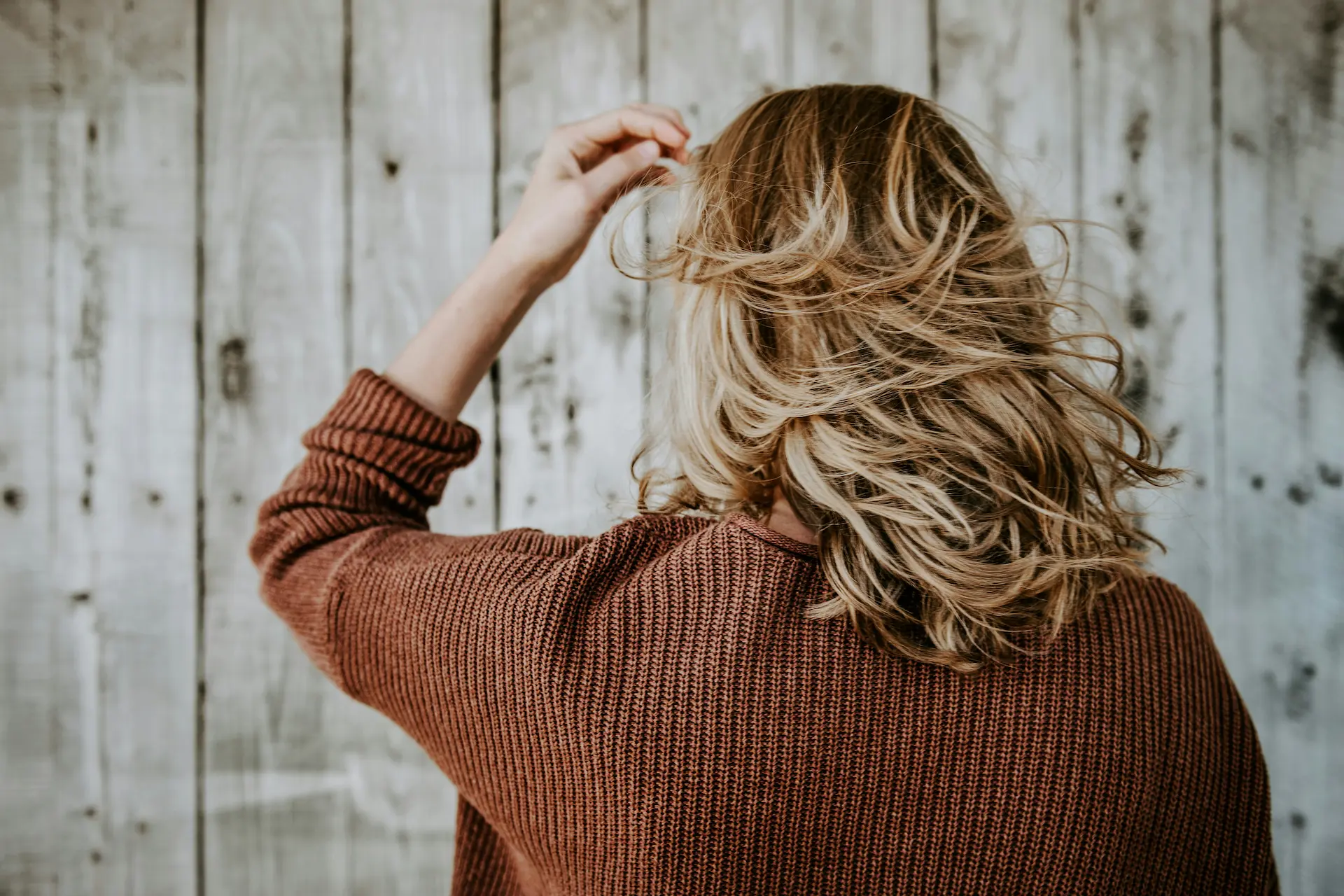
Turning Heads in 2025

Crowning Glory: why a woman’s hair is no-one's business but her own
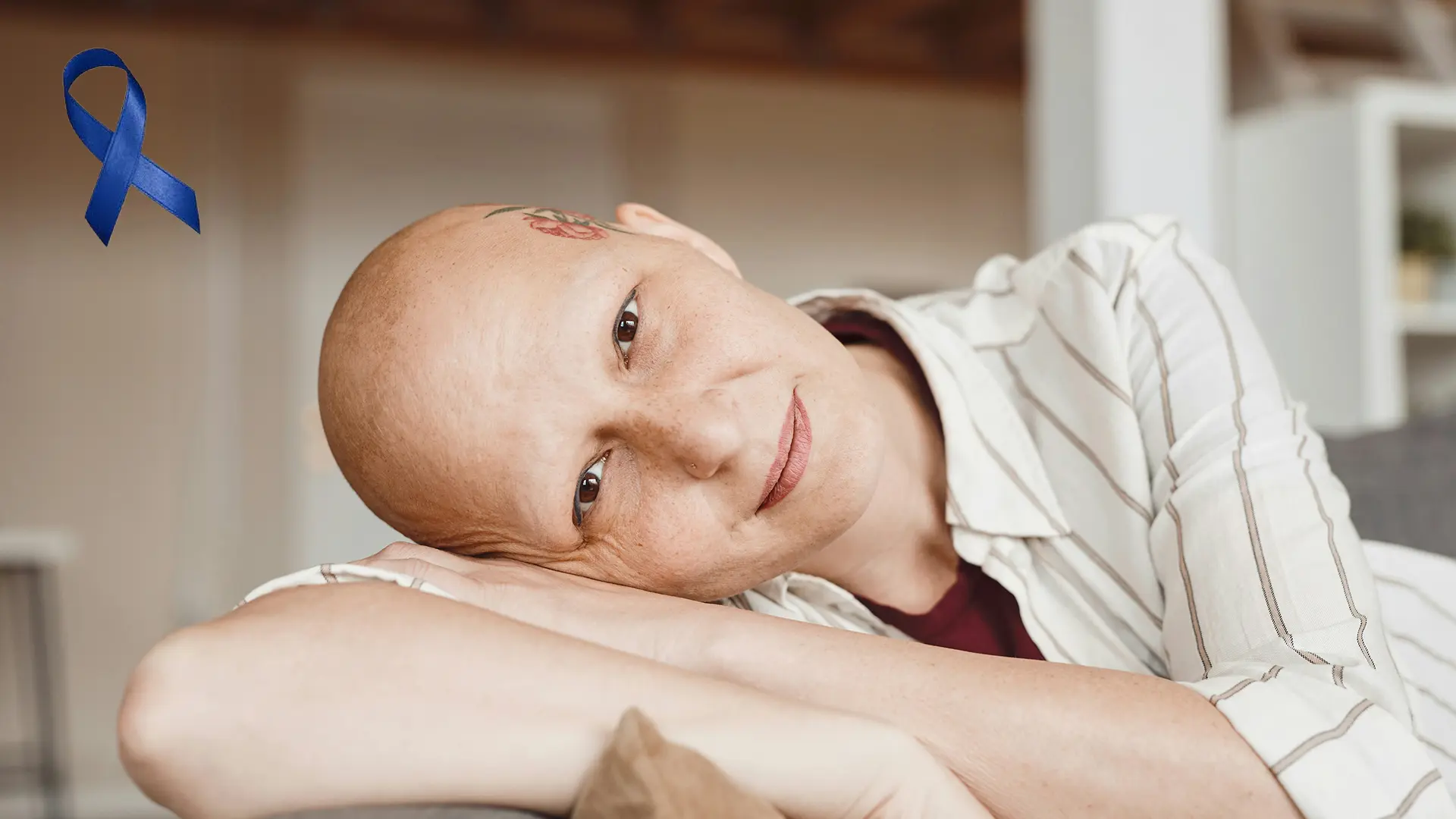
Mandeville London proud to add its number to Alopecia Awareness Month 2025

Get the very nearest you can to having your own hair.
We will listen to your concerns, answer your questions and guide you through the process step by step to find the perfect solution that will work for you.


